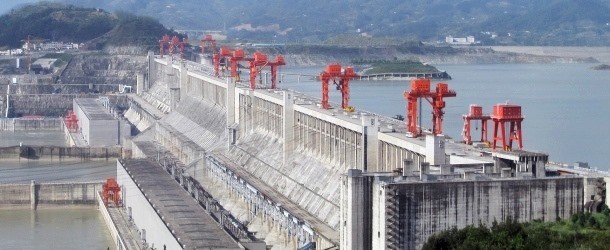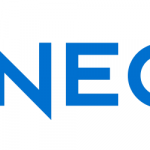Colonial Pipeline Attack a Clear Warning It’s Time to Invest in Quantum-Based, Hack-Proof Protections for Energy Infrastructure

(Forbes) The Colonial Pipeline attack is a clear and present warning—with trillions of dollars in losses at stake. Taken together with the weather-related Texas power outage, the pipeline attack is a clear and present warning—with trillions of dollars in losses at stake. Unless we get serious about protecting our power and energy infrastructure, attacks like this weekend’s will become more disastrous and more disruptive.
Sleeping through cyber disasters is no longer an option. Fortunately, the emerging technologies of the quantum revolution offer solutions both long-term and short-term to our worst infrastructure threats—including a future quantum computer attack itself.
The first solution are software algorithms that are specifically designed to protect against future quantum computer assault. Under the rubric of post-quantum cryptography (PQC), these algorithms are also insurance against conventional cyberattacks.
The second quantum solution is even closer at hand. It uses the same scientific phenomenon that makes quantum computing possible—the entanglement of sub-atomic particles—to provide hack-proof keys for communication between end-to-end users.
Some of these quantum-based cryptographic systems use quantum random number generators to produce quantum encryption keys. Another company, Qubitekk, produces entangled photons to generate identical symmetric keys at both ends of the communication link.
These quantum-based solutions are especially suited for the Supervisory Control and Data Acquisition (SCADA) systems that control and monitor field devices from a central command center. These rely heavily on point-to-point communications for their operations, while communication protocols continually transfer data from sensors to SCADA servers, and back to the sensors. Quantum-based cryptography can offer tamper-proof protections for these protocols. Scientists at both at Oak Ridge Laboratories and Los Alamos have been working on quantum key distribution (QKD) capabilities to secure the energy sector.
It simply doesn’t make sense to spend billions on classical cyber protections that will be obsolete in 3-4 years as hackers inevitably find their way around those safeguards, instead of investing in quantum-based hack-proof protections that will last for decades.
Author is Arthur Herman, Senior Fellow at the Hudson Institute and Director of the Quantum Alliance Initiative, and co-author of “Quantum Computing: How To Address the National Security Risk”.



















